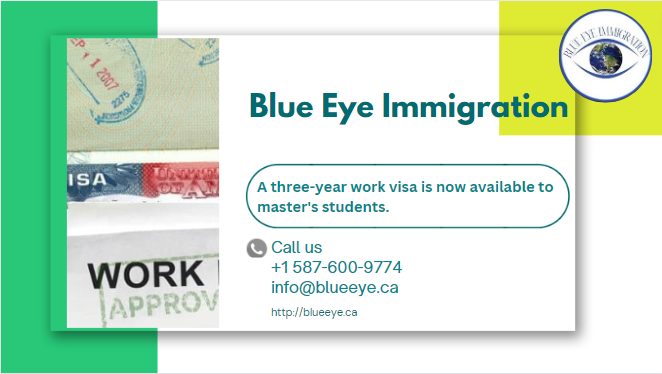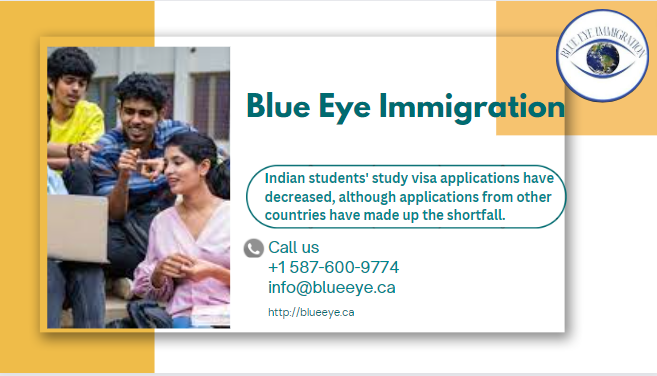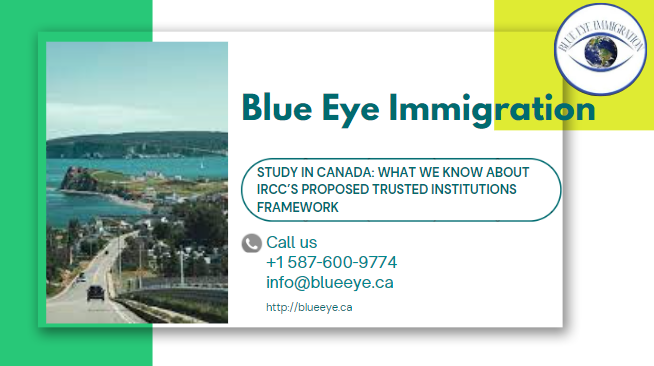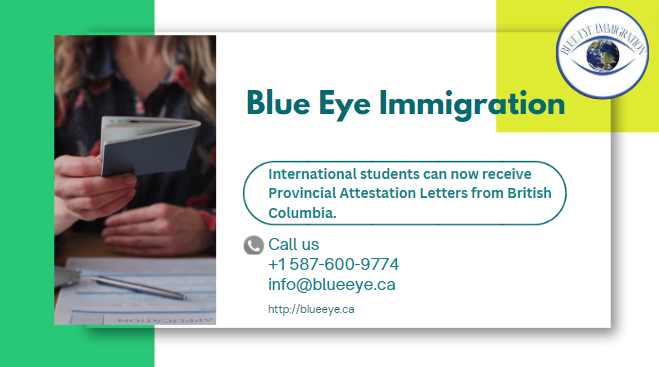International students can now apply for a three-year post-graduation work permit (PGWP) if they are enrolled in master’s programs that last fewer than two years.
Prior to today, the duration of a program of study was associated with the length of a PGWP that was granted. However, Immigration, Refugees and Citizenship Canada (IRCC) has decided to broaden the eligibility for these students to get lengthier work permits in acknowledgment of the fact that master’s students are well-positioned to perform in Canada’s employment market.
For students enrolled in programs other than master’s level coursework, the duration of PGWPs will continue to match the program length, up to a maximum of three years.
Students enrolled in two-year or longer programs at PGWP-qualified designated learning institutions (DLIs), which are the only Canadian universities permitted to admit overseas students, are also eligible for a three-year PGWP.
In the coming weeks, the IRCC will also make changes to the regulations pertaining to undergraduate foreign students’ spouse work visas. This implies that the only people who may apply for a spousal work visa are the spouses of master’s and doctorate students. Spousal open work permits for spouses or conjugal partners of Canadian citizens or permanent residents will not be affected by this change.
What are the requirements for PGWP eligibility?
In order to qualify for a PGWP, overseas students need to:
- Have finished their studies in a minimum eight-month academic, vocational, or professional training program at a DLI that qualifies;
- Have completed coursework toward a degree, diploma, or certificate;
- Maintained full-time status as a student in Canada during each academic term that the program or programs of study were completed; this should be stated on the PGWP application (though there may be certain exceptions);
- Possess a transcript and an official letter from a DLI that is qualified attesting to the applicant’s fulfillment of the prerequisites for their program of study (all of which need to be attached to the PGWP application);
Own a degree from a public postsecondary school, like a:
University;
Technical or trade school;
College;
CEGEP (in the province of Quebec);
A private post-secondary institution in Quebec that is governed by the same laws as the province’s public schools;
a private secondary or post-secondary education institution located in Quebec that provides qualifying programs lasting 900 hours or more, leading to the awarding of an attestation de spécialisation professionnelle (ASP) or diplôme d’études professionnelles (DEP);
Private Canadian institution that is authorized by provincial legislation to provide degrees (such as Associate, Bachelor, Master, or Doctorate degrees) if the student was engaged in a program of study that results in a degree as approved by the province.



